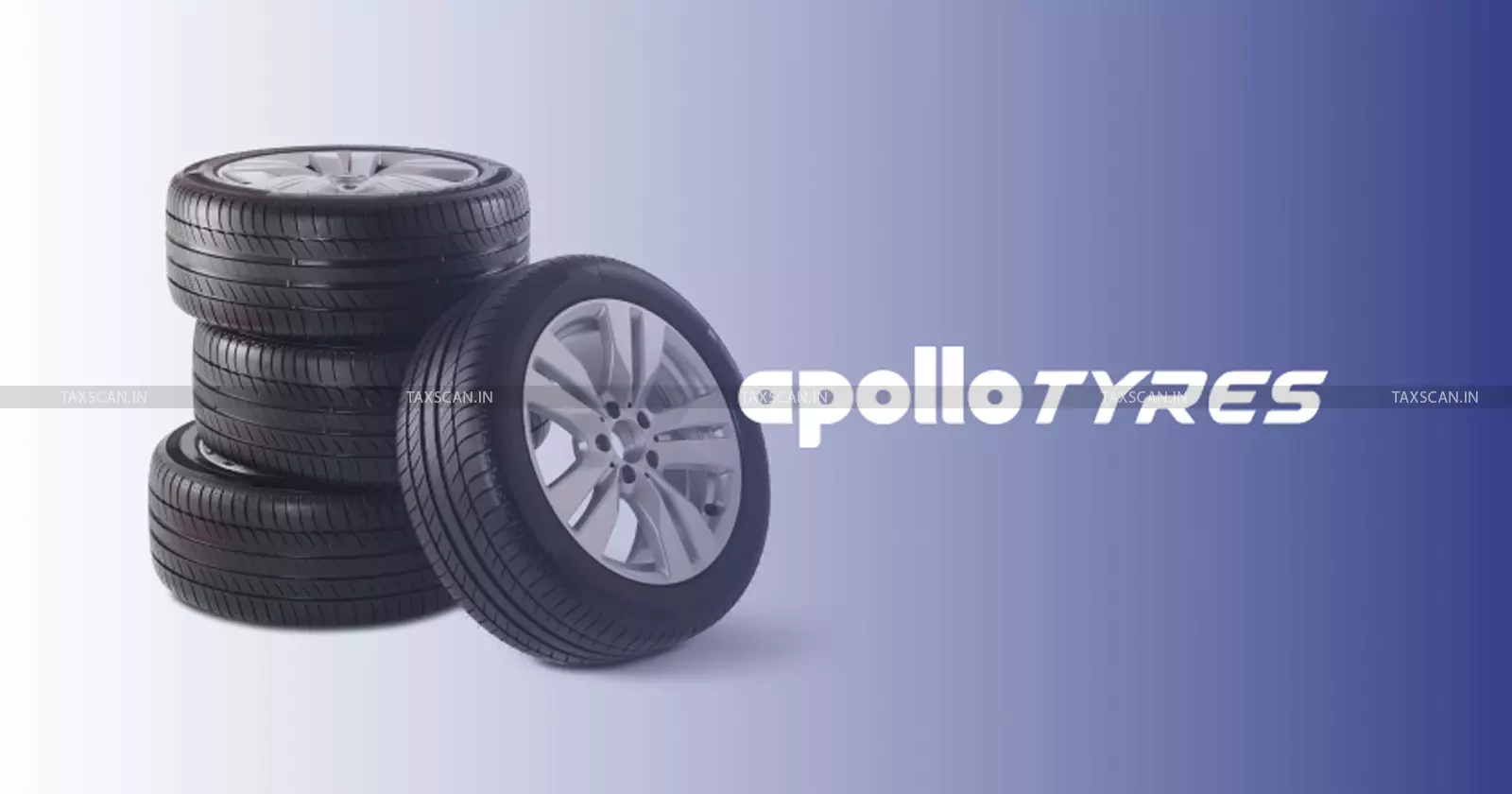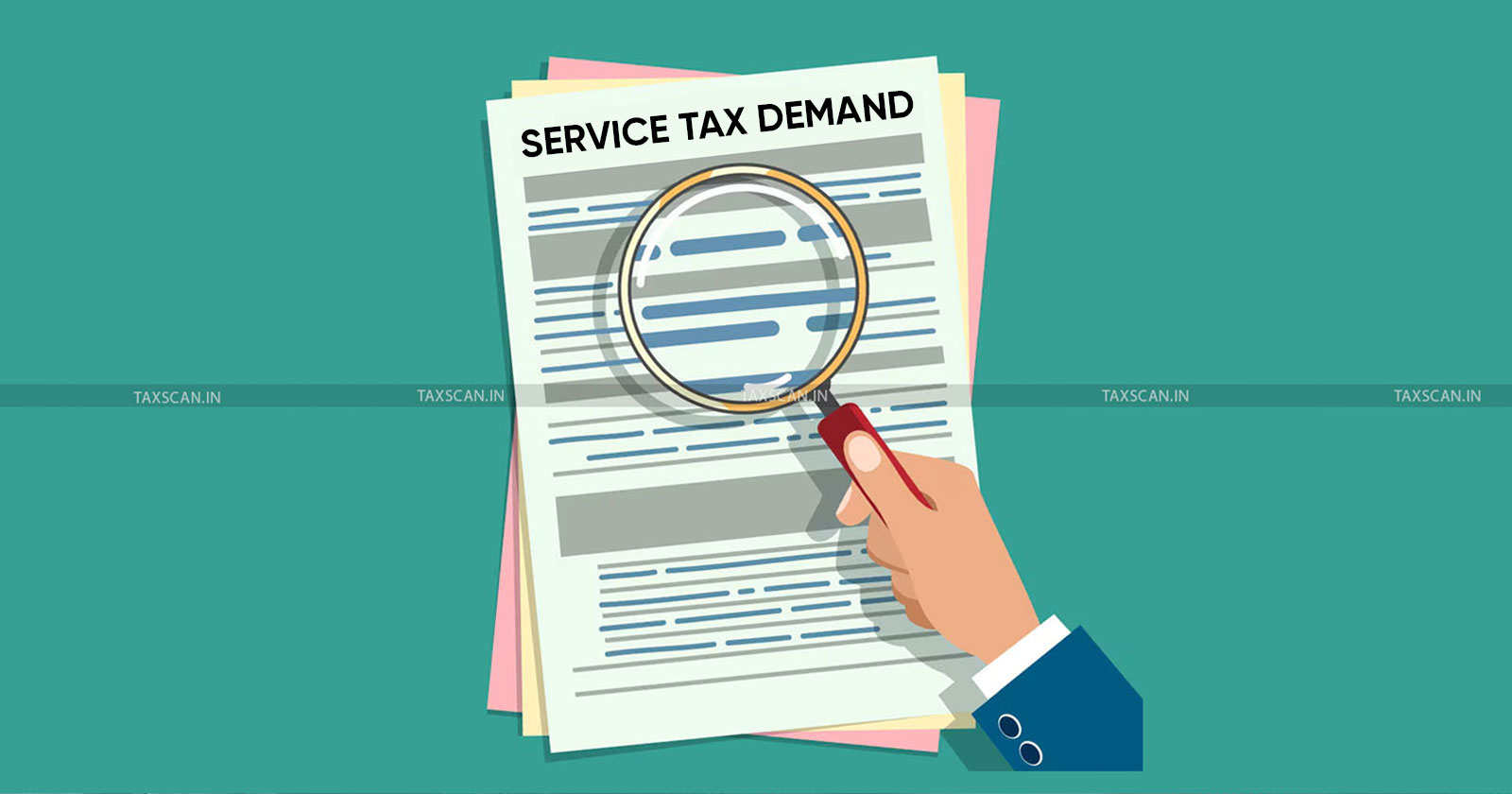CENVAT Credit Cannot Be Denied Merely Because Aluminium Ingots Process Is Not Manufacture If Duty Has Been Paid: CESTAT [Read Order]
The CESTAT held that CENVAT credit cannot be denied merely because the process on aluminium ingots does not amount to manufacture if excise duty has been paid on their clearance
![CENVAT Credit Cannot Be Denied Merely Because Aluminium Ingots Process Is Not Manufacture If Duty Has Been Paid: CESTAT [Read Order] CENVAT Credit Cannot Be Denied Merely Because Aluminium Ingots Process Is Not Manufacture If Duty Has Been Paid: CESTAT [Read Order]](https://images.taxscan.in/h-upload/2025/09/27/2091504-cenvat-credit-manufacture-cestat-taxscan.webp)
The Ahmedabad Bench of the Customs, Excise, and Service Tax Appellate Tribunal (CESTAT) held that CENVAT credit cannot be denied merely because the process undertaken on aluminium ingots does not amount to manufacture if excise duty has already been paid on their clearance.
The case arose from an appeal filed by Finix Corporation against the order of the Commissioner (Appeals), Rajkot, which had upheld the department’s demand for reversal of CENVAT credit along with interest and penalty.
The department alleged that the appellant availed CENVAT credit on aluminium ingots purchased from the market and cleared them either after minor processing or as such without undertaking any manufacturing activity, making the credit inadmissible under the CENVAT Credit Rules, 2004.
 Also Read: Apollo Tyres’ Weighted Deduction Claim u/s 35(2AB) Rejected: Supreme Court Refuses to Re-open Case [Read Judgement]
Also Read: Apollo Tyres’ Weighted Deduction Claim u/s 35(2AB) Rejected: Supreme Court Refuses to Re-open Case [Read Judgement]
The appellant’s counsel argued that even if the process did not amount to manufacture, the appellant had paid excise duty on the clearance of goods as required under Rule 3(5) of the CENVAT Credit Rules.
The counsel submitted that once duty equal to the credit availed has been paid, there is no justification for denying the credit. The counsel relied on the judgment of the Gujarat High Court in CCE v. Creative Enterprises, affirmed by the Supreme Court, which held that CENVAT credit cannot be denied when excise duty has been paid on clearance, irrespective of whether the process amounts to manufacture.
 Also Read: Challenge on Service Tax Demand on ‘Mandap Keeper Services’: Supreme Court Stays Chhattisgarh HC Remand Order [Read Order]
Also Read: Challenge on Service Tax Demand on ‘Mandap Keeper Services’: Supreme Court Stays Chhattisgarh HC Remand Order [Read Order]
The revenue counsel argued that aluminium ingots purchased from the market were finished goods and not inputs, and hence, the appellant was not eligible to avail credit. They further argued that payment of duty later does not cure the initial wrong availment of credit.
The single-member bench comprising Justice Somesh Arora observed that the Commissioner (Appeals) failed to consider the binding precedent laid down in Creative Enterprises. The tribunal pointed out that the department cannot treat the process as a manufacture for collecting duty and at the same time deny the credit on the ground that no manufacture had taken place.
The tribunal explained that the issue must be re-examined in light of the Gujarat High Court’s decision to determine whether the duty payment created any distortion in the credit chain.
Allowing the appeal by way of remand, the tribunal directed the Commissioner (Appeals) to reconsider the matter afresh in accordance with the law and after verifying whether any undue benefit of credit had been taken.
Support our journalism by subscribing to Taxscan premium. Follow us on Telegram for quick updates


